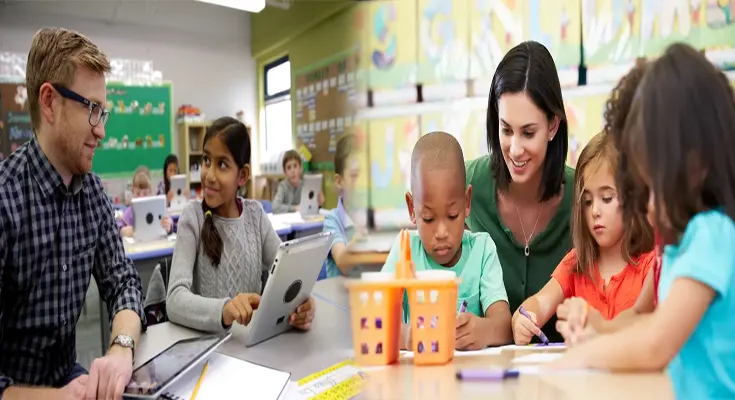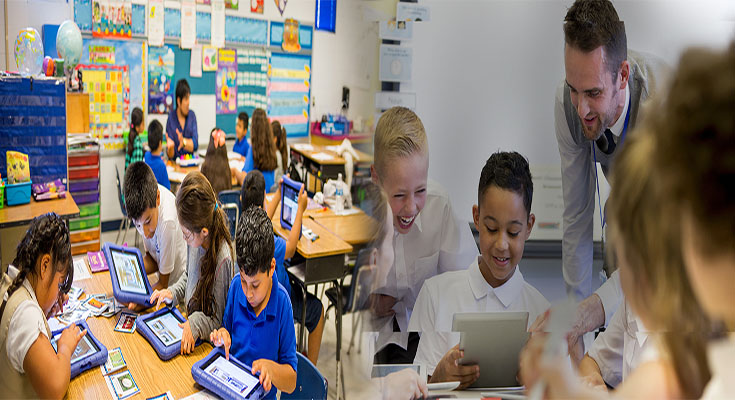
How Technology Will Shape Future Education Models
Technology has become an integral part of education, transforming traditional teaching and learning methods and paving the way for innovative educational models. As we move further into the 21st century, it is clear that technology will continue to play a significant role in shaping the future of education. In this article, we will explore how technology will influence and shape future education models.
1. Personalized Learning:
One of the most significant ways technology will shape future education models is through personalized learning. With the help of data analytics and artificial intelligence, educators can track student progress, identify areas of strength and weakness, and deliver customized learning experiences tailored to each student’s needs. Personalized learning platforms can adapt to individual learning styles and paces, providing students with the support and resources they need to succeed.
2. Blended Learning:
Technology will continue to drive the adoption of blended learning models, which combine …
How Technology Will Shape Future Education Models Read More




